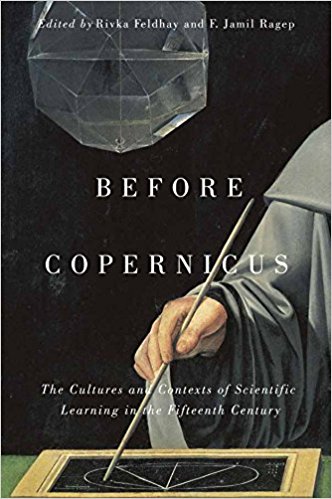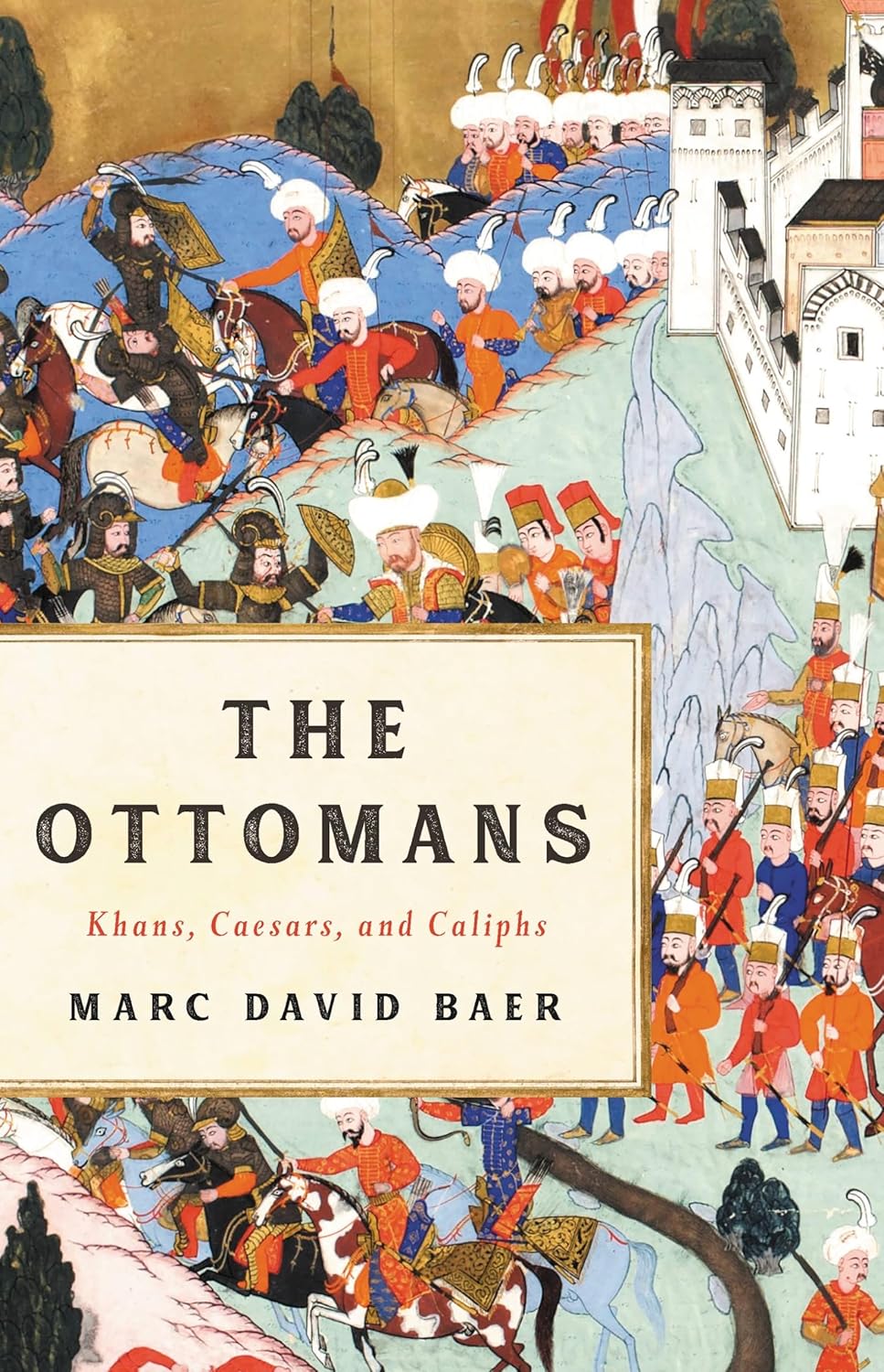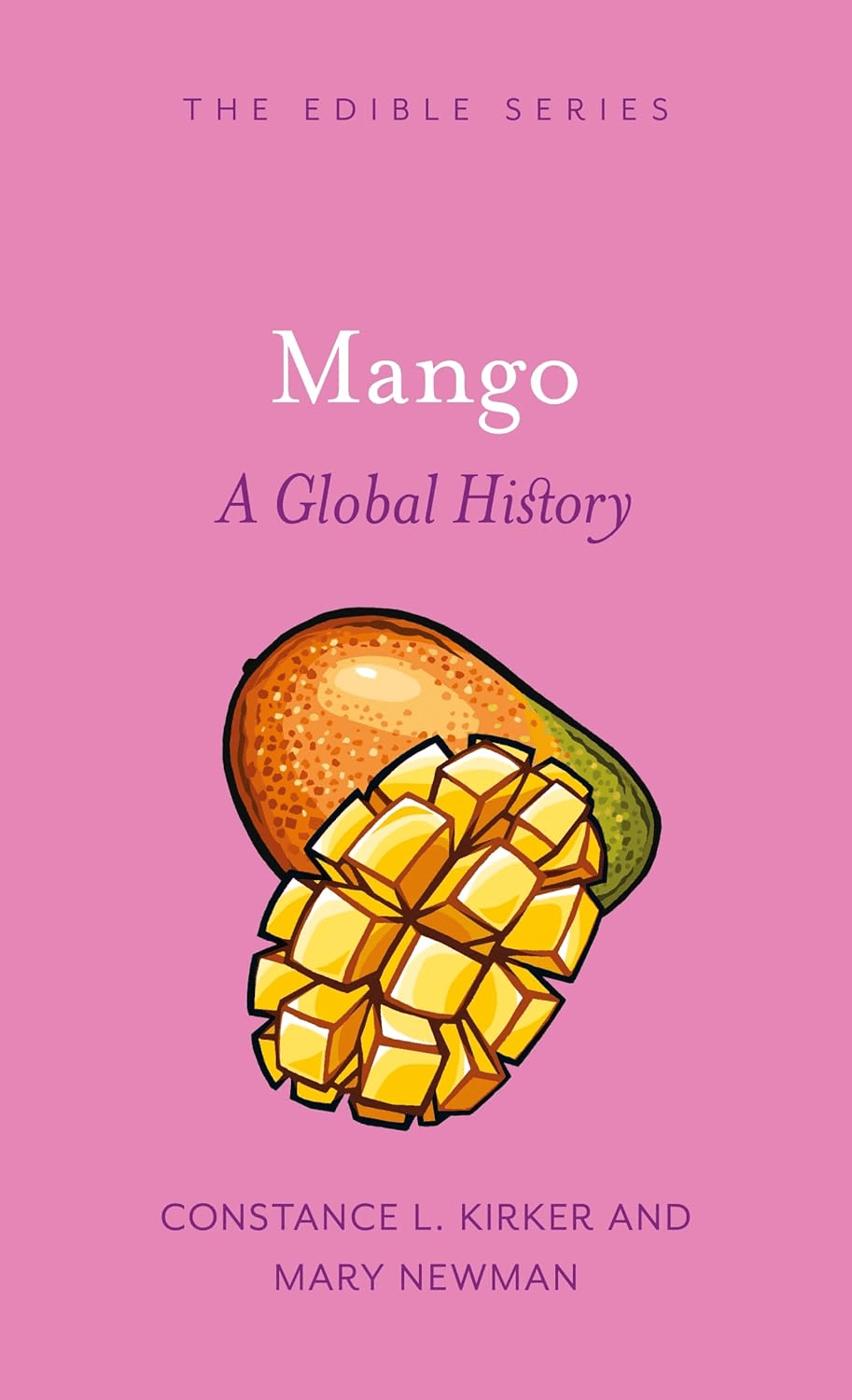
Before Copernicus: The Cultures and Contexts of Scientific Learning in the Fifteenth Century
Tom Verde
Rivka Feldhay and F. Jamil Ragep, eds.
2017, McGill-Queen's UP, 978-0-77355-010-0, $35.96 pb.
Few groundbreaking geniuses emerge out of nowhere. This book underlines that fact in its close review of the scholarship upon which the 16th-century Polish astronomer Nicholas Copernicus relied when formulating his theory of heliocentrism, the (then) radical and controversial proposition that the Earth revolved around the sun, and not vice-versa. Featured throughout this collection of academic articles are numerous astronomers from the Muslim world, making it “clear that European astronomers took it for granted that they had many Islamic predecessors,” as one contributor observes. Among the most important were al-Battani in the ninth century, al-Haytham (10th century), al-Tusi (13th century) and Ibn al-Shatir (14th century), respectively from what today are Turkey, Iraq, Iran and Syria. Like those medieval Muslim astronomers, Copernicus questioned the established geocentric cosmology of the second-century Greco-Roman astronomer Ptolemy, regarding his complicated explanations for planetary orbital irregularities as “violations of uniform circular motion” inherent to basic physics. Although geared more toward the student of astronomy than the novice stargazer, this is a welcome read that credits pioneers of science where credit is due.

